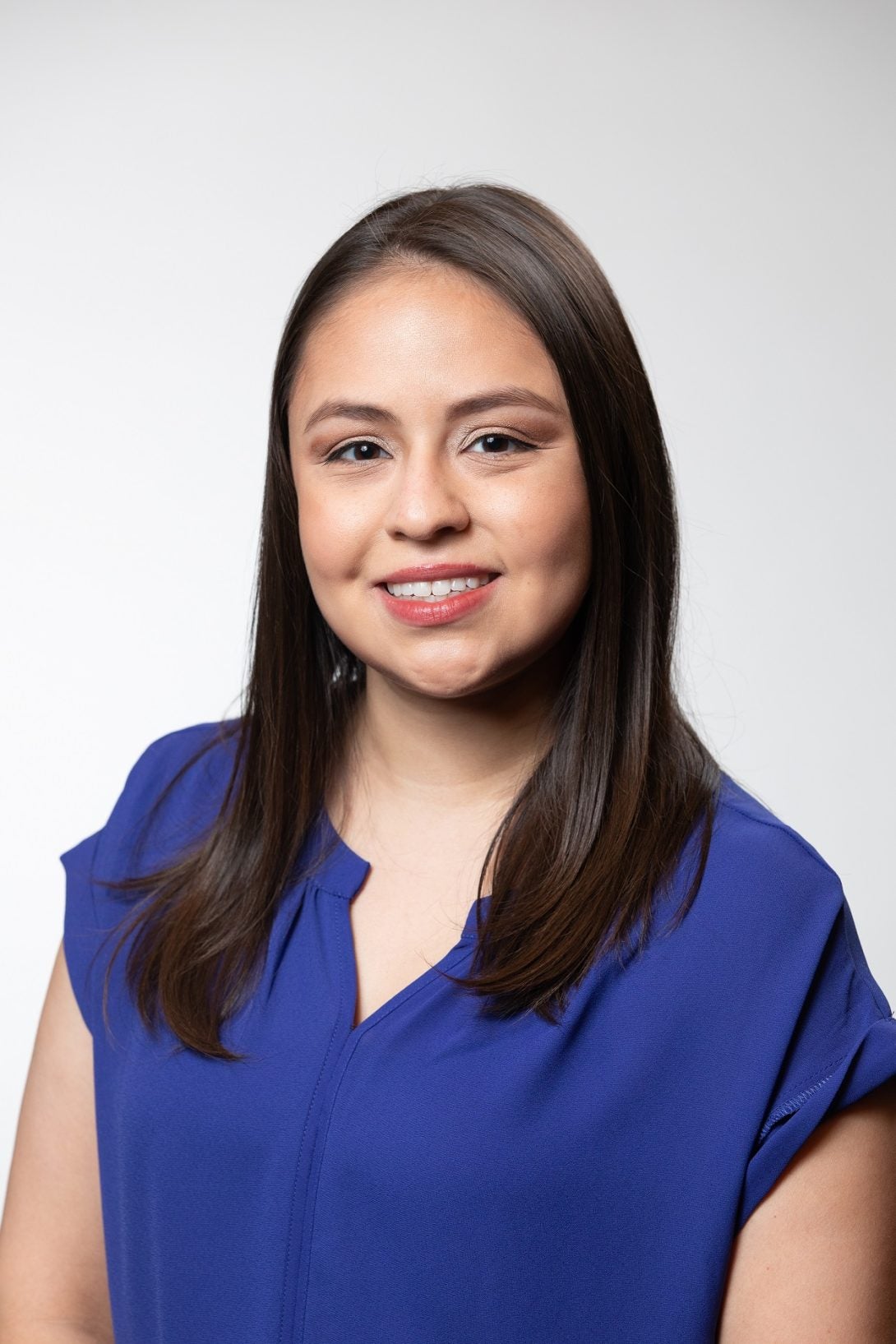B2F Cohort Corner: Stephanie Torres
x

At the end of her time as a Bridge to the Faculty (B2F) scholar, Stephanie Torres is sharing her insights and experiences with the program.
Torres is member of the inaugural 2020 B2F cohort in Educational Psychology and will transition into a faculty position in that department this fall. She has also received UIC-based grant funding to further the important community-based work she has been doing in Chicago for the past several years.
What motivated you to apply for the B2F Program?
I am a lifelong Chicagoan and was fortunate to complete both my undergraduate and graduate degrees here in Chicago. I earned my PhD in Clinical Psychology and I was completing a clinical fellowship at a pediatric hospital when I stumbled upon a job ad describing an inaugural program called Bridge to the Faculty. After the completion of my degree, I wanted to maintain my commitment to both clinical and research work and sought an academic position to further my research on mental health and well-being in Latinx immigrant communities. I was interested in the prospect of having two years to build up my program of research and “hit the ground running” as an assistant professor. It isn’t often you come across a postdoctoral program which transitions into a faculty position — and it was in my hometown of Chicago!
What is the focus of your work in this program?
My program of research focuses on contexts of risk and resilience among low-income, Latinx communities, particularly Latinx families impacted by immigration-related stress. I am interested in utilizing a community-based participatory (CBPR) approach to develop, disseminate, and implement school- and community-based programs. As a clinical psychologist, my clinical work focuses on addressing trauma, with a specialty in serving bilingual, Spanish-speaking youth and families.
In what ways has this program impacted your work?
The B2F Program is one-of-a-kind; the B2F scholars have the independence to carefully carve out their program of research and find their voice within the academic space. For me, it was being able to finally have dedicated research time to publish, network, engage in grant writing, and determine the focus of my research program.
What are your hopes for how you will take your experiences with the B2F Program into your future professional endeavors?
As a B2F scholar, I have learned the importance of balancing independence and seeking mentorship as an early career scholar. I have been able to secure two grants and publish five articles during this time. I am happy to say that I will be staying on as a tenure-track assistant professor beginning in Fall 2022. The grants and community partnerships I have forged during my time as a B2F will be invaluable to my success as future faculty.
Specifically, I am the recipient of the UIC Center for Clinical and Translational Science (CCTS) Pilot Grant and the UIC Institute for Research on Race and Public Policy’s (IRRPP) Policy and Social Engagement Fellowship for my work on addressing the impact of structural racism among Latinx immigrant families. I am currently working with community stakeholders — including The Resurrection Project — to develop a program which includes community-based, multilevel intervention strategies. Such strategies include advocacy workshops, family communication training, and individual stress management, for both Latinx immigrant parents and their children. After we collect pilot data, we hope to submit to NIH to expand the project’s scope and disseminate to multiple immigrant communities across the Chicagoland area.
In your opinion, what are the larger impacts of the B2F Program?
As part of the inaugural cohort, I am excited to see this program grow and continue to bring together scholars who are conducting cutting-edge and justice-oriented research across multiple disciplines. This not only helps advance research at UIC, but also creates a future generation of Black, Indigenous, and people of color (BIPOC) scholars who can collaborate to create a more just and equitable world.